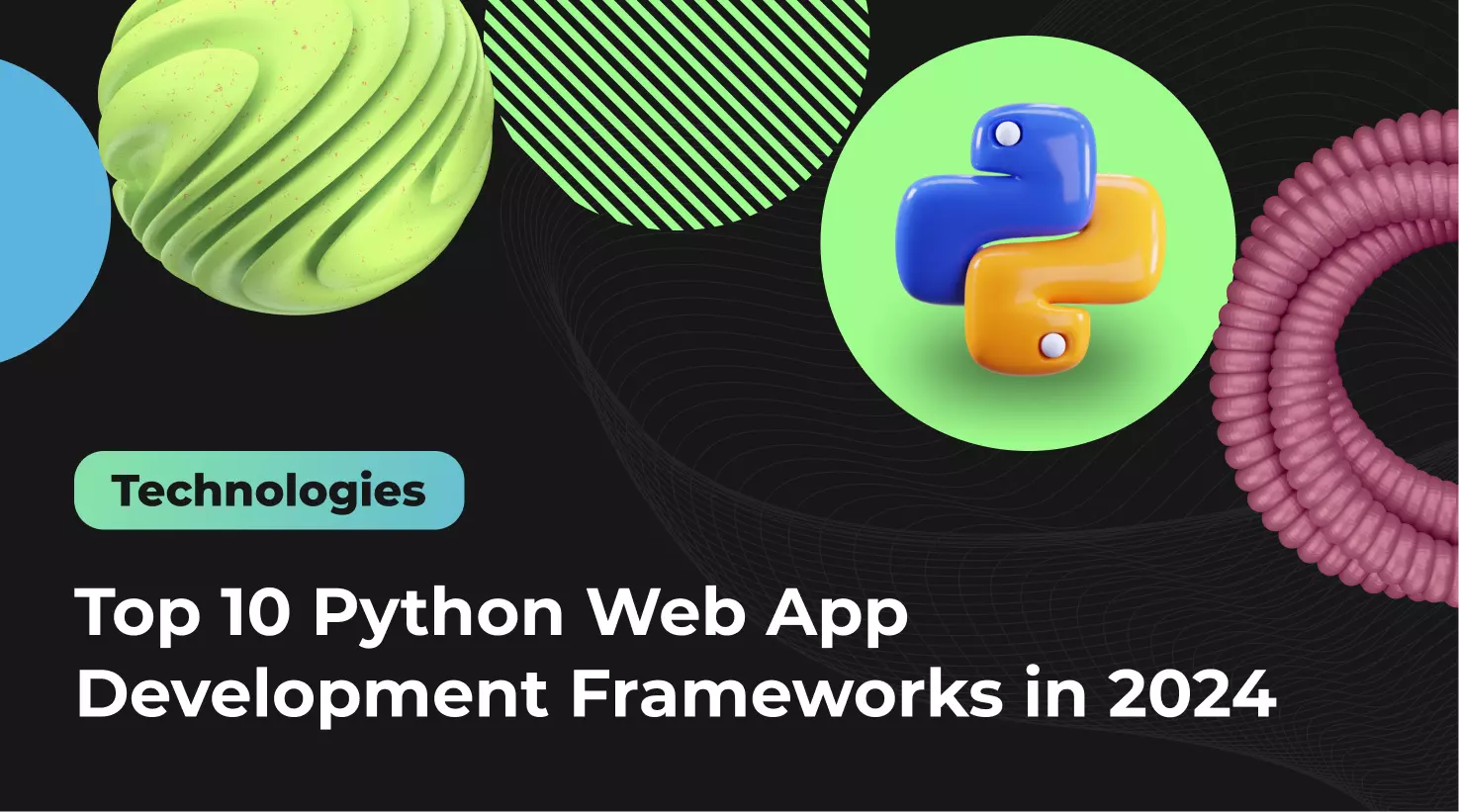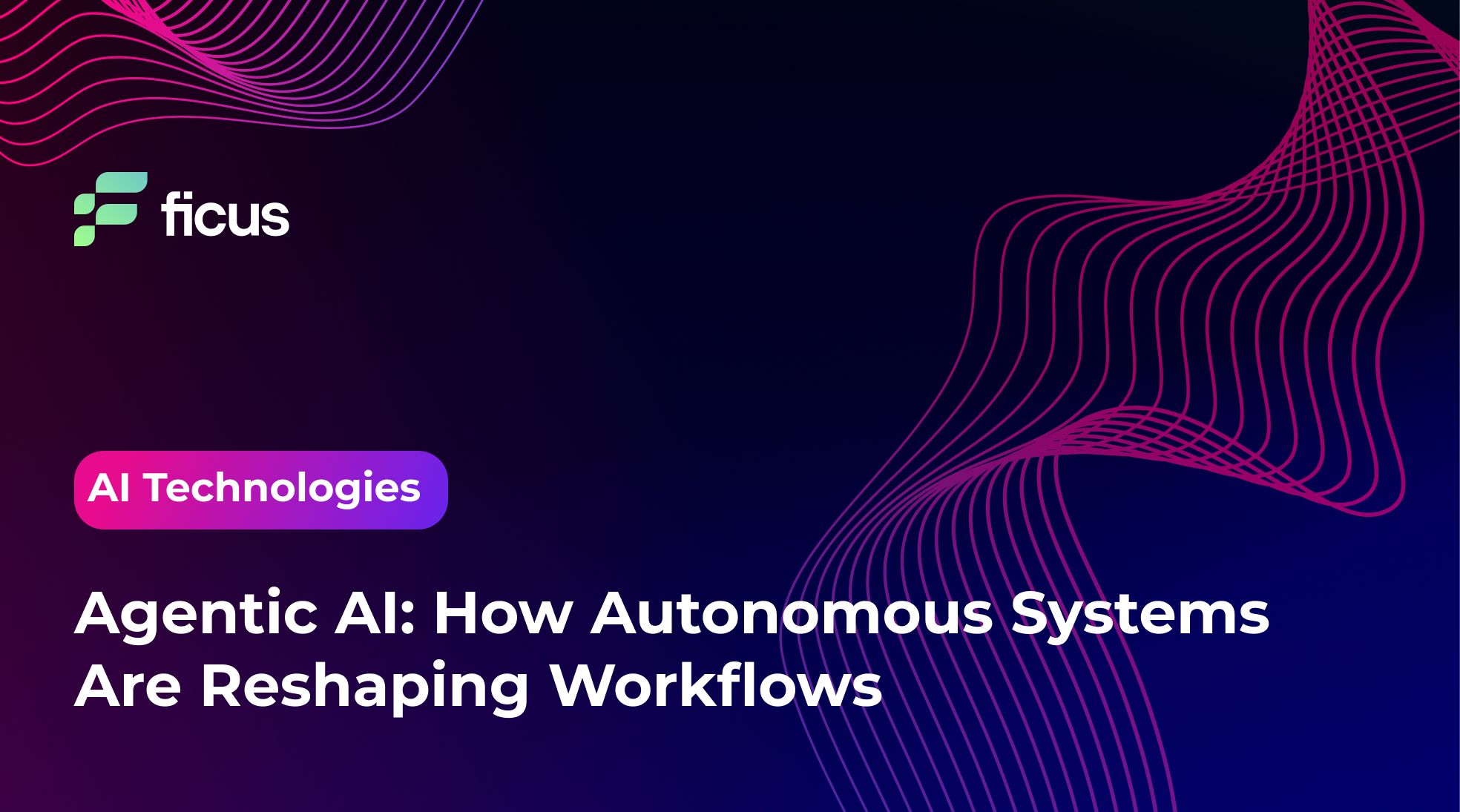Python has made a name for itself as a go-to programming language in the constantly changing web app development field. Known for its simplicity, versatility, and extensive community support, Python continues to be a favorite among developers. This article will delve into Python web app development, exploring why Python is a preferred choice and then introducing the top 10 Python web app development frameworks in 2024.
- Python’s versatility makes it a strategic choice for web development.
- The top Python web app frameworks empower efficient development.
- Ficus Technologies excels in Python web app development services.
Why Develop Web Apps With Python?
Python has emerged as a frontrunner in web app development, captivating developers and businesses with its unparalleled advantages. Choosing Python for web app development with Python isn’t merely a preference; it’s a strategic decision that unlocks a world of possibilities. It is the perfect option for creating cutting-edge digital solutions because of its clarity, readability, and adaptability.
Python’s intuitive syntax, often likened to plain English, fosters a conducive environment for creativity and problem-solving. When it comes to web app development on Python, its flexibility shines. Python accommodates diverse programming paradigms effortlessly, allowing developers to mold their projects per their vision. The language’s extensive libraries and frameworks further streamline the development process, empowering businesses to bring their concepts to life swiftly and efficiently.
Pros: Why Develop Web Apps using Python?
Delving into the pros of using Python for web app development unveils a world of advantages. One of Python’s standout features is its robust community support, a crucial asset for developers navigating the complexities of Python web app development services. The language’s asynchronous capabilities empower applications to handle concurrent tasks seamlessly, ensuring a smooth user experience, especially in online platforms and products.
Moreover, Python’s seamless integration with databases and enterprise applications makes it a frontrunner for enterprise web app development. The collaborative synergy of Python and various frameworks facilitates the creation of scalable, secure, and feature-rich web applications. Whether you’re crafting an e-commerce platform or a sophisticated data-driven application, Python proves to be an invaluable ally.
Python for web app development isn’t just a choice; it’s a strategic advantage. Its user-friendly nature, extensive support, and adaptability make it the preferred language for developers and businesses venturing into the dynamic landscape of digital innovation. By choosing Python, you’re not just building applications but crafting experiences that resonate with users, making Python the linchpin of your success in the digital sphere.
Easy to Use and Read
Python’s reputation for being easy to use and read is a significant advantage in web app development with Python. Its straightforward and clean syntax allows developers to write code that is both intuitive and readable. Even those new to programming can quickly grasp Python, making it an ideal choice for web app development on Python. This simplicity accelerates development and reduces the likelihood of errors, ultimately benefiting Python web app development services and Python web app development companies.
Asynchronous Coding
In the context of Python web app development, mastering asynchronous coding is paramount. With its asyncio library, Python empowers developers to write applications that can efficiently handle multiple tasks simultaneously. This is crucial for creating web applications that deliver a seamless user experience, even when dealing with numerous requests. Asynchronous coding is a valuable tool in the toolkit of Python for web app development, ensuring that applications remain responsive and scalable.
Less-Limited Programming Approach
Python’s flexibility allows developers to adopt a less-limited programming approach when crafting web applications. Whether web app development with Python uses an object-oriented, procedural, or functional programming paradigm, Python accommodates various styles. This adaptability allows developers to choose the approach that best aligns with their project’s requirements, making Python a versatile choice for web app development.
Enterprise Application Integration
Python’s ability to seamlessly integrate with enterprise applications is a pivotal advantage in Python web app development services. Many organizations seek to enhance their systems, and Python’s robust libraries and frameworks facilitate this process. Enterprise application integration with Python enables businesses to connect their web applications to existing enterprise software and databases, streamlining operations and boosting efficiency. Python’s compatibility with legacy code and enterprise databases makes it a go-to choice for large-scale web app development with Python.
Ready to Elevate Your Web App? Let Ficus Technologies Assist!
Contact UsWeb Development Using Python Frameworks
Web development using Python frameworks has become standard practice, significantly expediting development. Python offers a plethora of frameworks and tools, such as Django, Flask, and FastAPI, that simplify web application creation. These frameworks provide pre-built components and libraries, allowing developers to concentrate on building application-specific features rather than reinventing the wheel. This approach enhances the speed and efficiency of web app development on Python, making it a favored choice in the industry.
Its Use In Scientific and Numeric Apps
Beyond web applications, Python finds extensive use in developing scientific and numeric applications. Scientists and researchers gravitate towards Python due to its rich collection of libraries and tools, including NumPy, SciPy, and Matplotlib. These libraries empower developers to construct complex simulations, craft sophisticated data analysis tools, and create compelling data visualizations. Python’s prominence in scientific and numeric app development is a testament to its versatility and suitability for various domains.
Use In Machine Learning and AI
Python’s role in machine learning and artificial intelligence (AI) is undeniable. The Python ecosystem boasts potent libraries such as TensorFlow, PyTorch, and sci-kit-learn, making it the preferred choice for developers in these fields. Python’s accessibility, extensive community support, and robust libraries have propelled it to the forefront of machine learning and AI development. Its ability to handle tasks like testing and online model deployment on a server is essential for creating cutting-edge machine learning and AI products.
Top 10 Frameworks for Python Web App Development
Now that we’ve explored why Python is a top choice for web app development let’s dive into the top 10 Python web app development frameworks in 2024. These frameworks give programmers vast features and tools to speed up the development process and produce dependable, scalable web applications.
Django
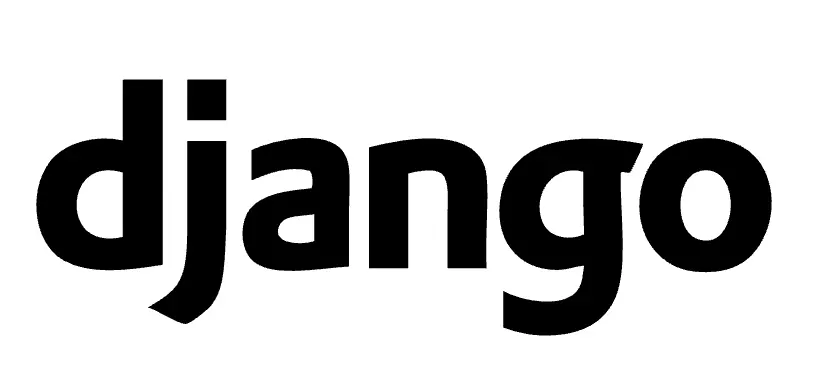
Django is one of the most prominent Python web app development frameworks in 2024. It excels in web app development with Python, providing a comprehensive toolkit for building robust, database-driven applications. Django’s “batteries-included” philosophy means it comes with various pre-built components and libraries, such as authentication, URL routing, and an Object-Relational Mapping (ORM) system. While this accelerates development, it might be a limitation for those seeking a more minimalistic approach. Nevertheless, it remains a top choice for Python web app development services and Python web app development companies due to its versatility and strong community support. Django’s support for creating online platforms and products is unparalleled in Python web development.
Web2py
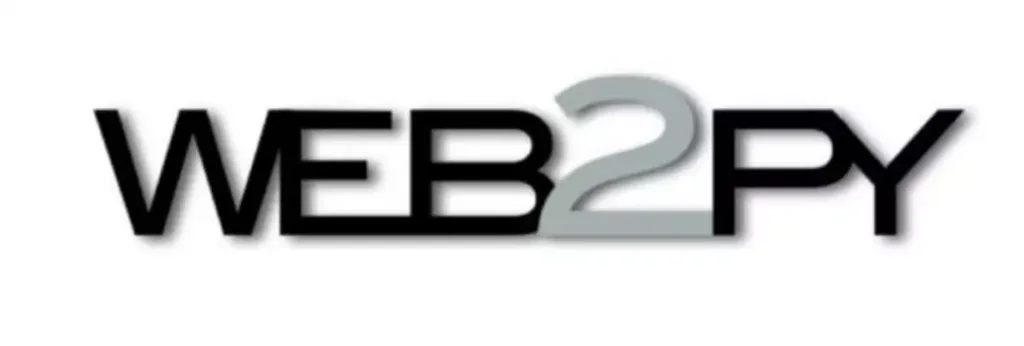
Web2py is an open-source Python web app development framework that emphasizes ease of use and rapid development. Integrated Development Environment (IDE), which makes it beginner-friendly. While this framework simplifies the development process and supports multiple databases, it may not offer the same level of customization as some other frameworks. However, for those seeking a quick start and straightforward development experience in web app development with Python, Web2py is an excellent choice. Its ability to create online applications with minimal effort is a significant advantage.
CherryPy

CherryPy is a condensed Python web framework that emphasizes usability and simplicity. It provides a straightforward Application Programming Interface (API) for handling HTTP requests, making it ideal for creating web services and APIs. CherryPy’s small learning curve and flexibility make it suitable for smaller-scale projects but may lack some of the pre-built components in larger frameworks. Nevertheless, it’s a valuable tool for web app development on Python when a lightweight approach is preferred. CherryPy is adept at creating server-side components for online platforms and products.
TurboGears
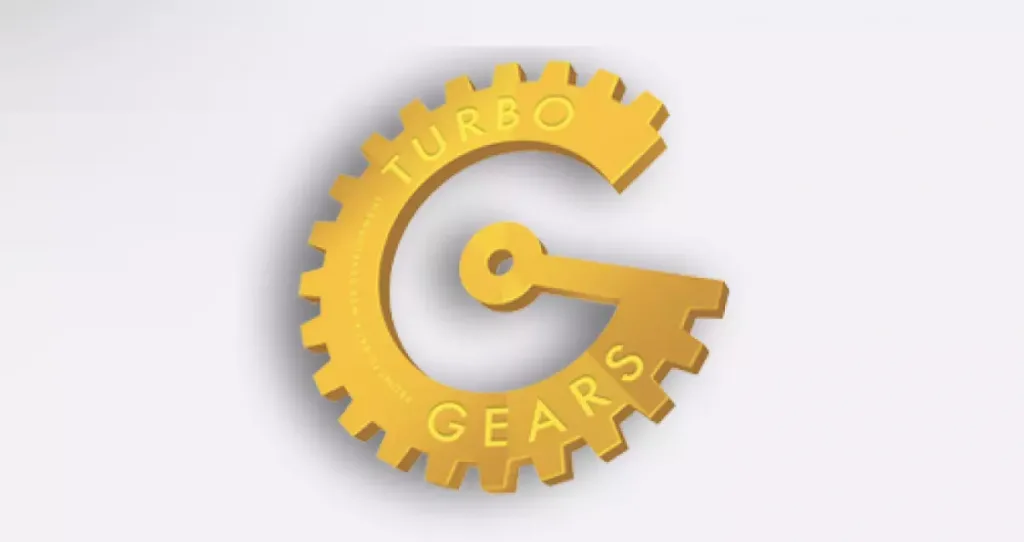
TurboGears is a full-stack Python web framework that combines various libraries and tools, including SQLAlchemy and Genshi. It advocates a modular approach, allowing developers to choose the components that suit their project. This flexibility empowers developers but may require more configuration. TurboGears excels in providing a balanced framework for Python web app development services seeking scalability and extensibility. Its ability to create a versatile platform for online tools and products is well-regarded.
Pylons Project

The Pylons Project is a collection of tools and libraries for web development using Python. It emphasizes flexibility and modularity, enabling developers to select the necessary components. One of its prominent offerings is Pyramid, known for its scalability and extensibility. However, with this flexibility comes a greater responsibility for configuration and setup. This framework suits developers who prefer to tailor their environment precisely to their needs. Pyramid’s ability to create customizable online applications and service platforms is highly advantageous.
FastAPI
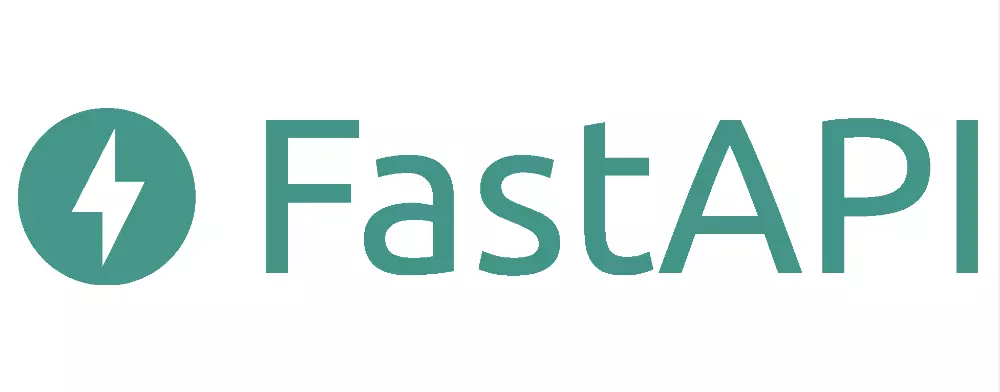
FastAPI is a modern Python web framework designed for the rapid development of APIs. It leverages Python-type hints for automatic API documentation generation and request/response validation. Its high performance and easy-to-use asynchronous support make it a great option for creating RESTful APIs.
However, it may not offer as many features for full-fledged web applications as other frameworks. For API-focused web app development with Python, FastAPI shines and can efficiently create online platforms and products.
Quixote
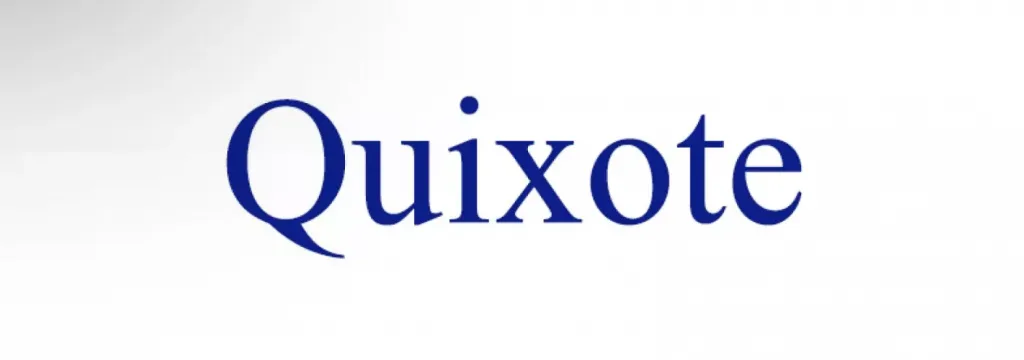
Quixote is a unique web application framework that prioritizes simplicity and security. It employs a templating system based on Python expressions, simplifying the creation of dynamic web pages. Quixote also strongly emphasizes security, including automatic HTML escaping and path traversal prevention. While it may not have the same extensive feature set as larger frameworks, it provides a secure and straightforward environment for web app development on Python. Quixote’s simplicity is advantageous when creating secure online applications and platforms.
Bootstrap
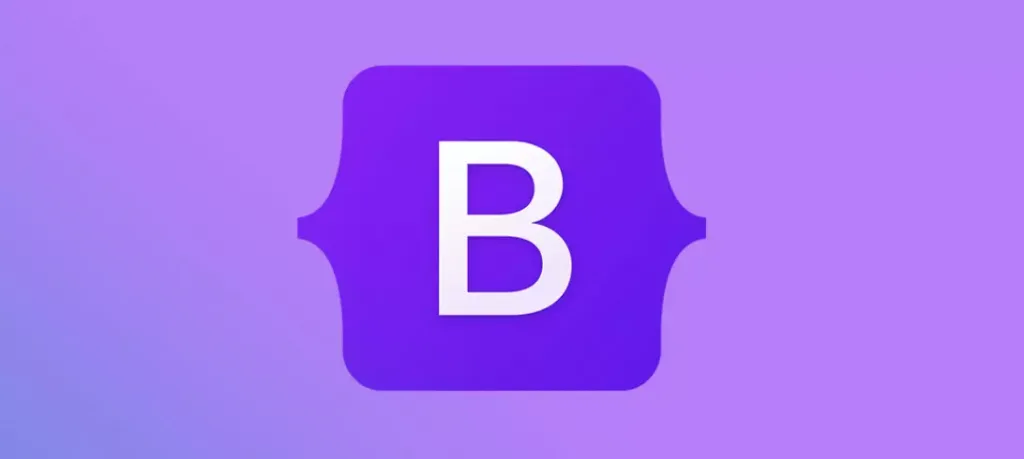
While not a Python-specific framework, Bootstrap is a front-end framework that simplifies web app development by offering pre-designed HTML, CSS, and JavaScript components. Python developers often use Bootstrap alongside Python web frameworks to create visually appealing and responsive web interfaces. It’s a valuable tool for enhancing the user experience in web app development with Python, streamlining the development of attractive and user-friendly online products.
Ruby on Rails
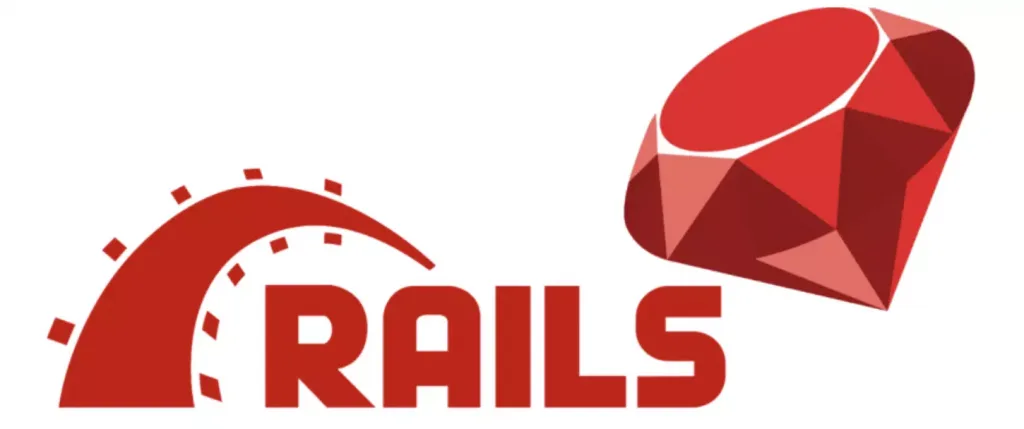
Although not a Python framework, Ruby on Rails is mentioned due to its impact on web app development. It aligns with Python’s principles, such as convention over configuration (CoC), and doesn’t repeat yourself (DRY). While it’s not Python, Rails can inspire Python web developers looking for best practices in web application development. Its conventions are applicable when creating online platforms and products.
Pyramid
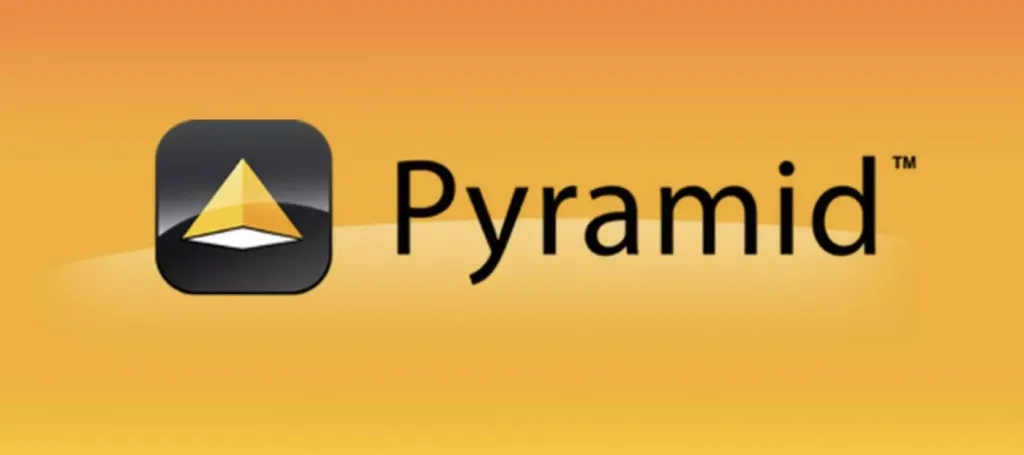
Pyramid is a lightweight Python web framework designed for scalability, transitioning small web apps into larger ones. Developed as part of the Pylons Project and licensed under a BSD-like license, Pyramid boasts speed and practicality, making it suitable for a range of web applications. Its flexibility and power make it an excellent choice for both beginners and experienced developers, providing a versatile environment for web development
Conclusion
In conclusion, the diverse landscape of Python web app development frameworks in 2024 presents many choices for developers and businesses. These frameworks cater to project requirements, from rapid API development to full-stack web application creation. The Python community’s commitment to innovation ensures that Python remains a top choice for web app development, particularly with its simplicity, readability, and versatility.
In this ever-evolving landscape, Ficus Technologies is proficient in this technology domain. With our extensive expertise and experience in Python web app development, we are well-equipped to fulfill and beyond the expectations of our cherished clients. The success of creating web applications and online platforms is ensured by our team’s commitment to providing high-quality solutions that are by sector best practices.
Whether you require creating dynamic web applications, robust RESTful APIs, or secure and user-friendly online products, Ficus Technologies is committed to providing top-tier services. We recognize the significance of continuing to be at the forefront of technology trends and continuously enhancing our skills to deliver innovative solutions. Trust us to harness the power of Python web app development and fulfill your unique project requirements. Your success is our priority, and we look forward to embarking on this development journey with you.
Python supports minimalism in product design by offering a clean and readable syntax, aligning with the principles of simplicity and clarity. Its straightforward code structure allows developers to create intuitive and uncluttered designs. Python’s simplicity accelerates the development process, reducing the likelihood of errors. Additionally, the language’s adaptability enables a less-limited programming approach, accommodating various design styles, including minimalistic ones. Python’s role extends to supporting minimalism in web applications, where its ease of use and asynchronous capabilities contribute to creating streamlined and user-friendly interfaces that align with the aesthetic preferences of minimalistic design.
Yes, Python web apps seamlessly integrate with enterprise applications. Python’s robust libraries and frameworks facilitate smooth integration with various enterprise systems and databases. The language’s flexibility allows developers to connect web applications to existing enterprise software, streamlining operations, and boosting efficiency. Python’s compatibility with legacy code further enhances its role in large-scale web app development for enterprises. The language’s extensive community support ensures that businesses can create scalable, secure, and feature-rich web applications tailored to meet the specific needs of enterprise environments.
